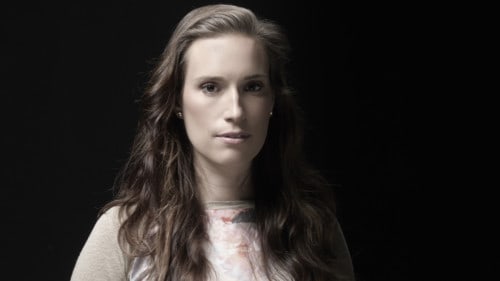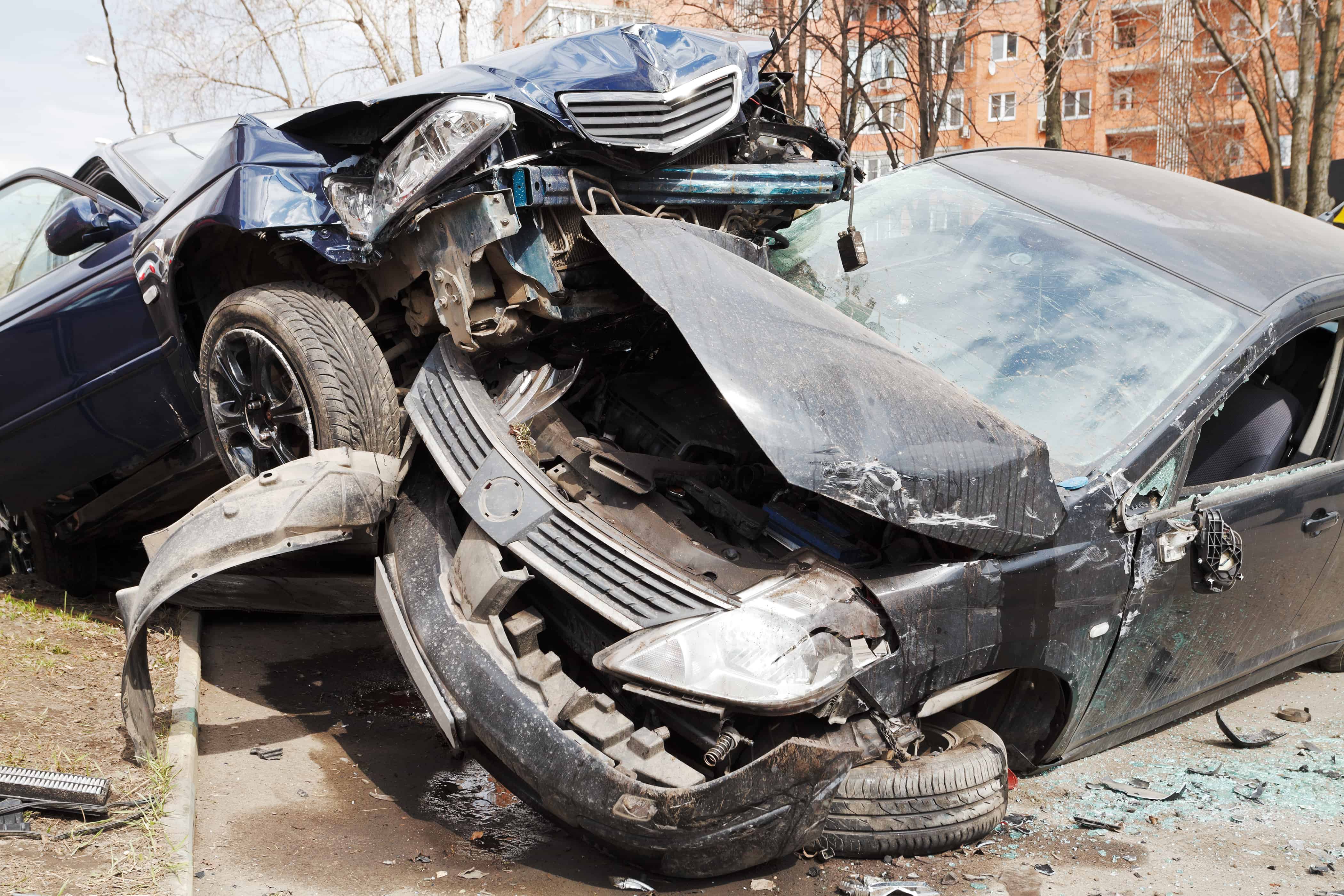Anne Berube was twenty-three years old when her boyfriend took a left turn into oncoming traffic. A half-ton truck hit the car she was in – she was sitting on the passenger side. Her liver lacerated and her lungs collapsed on impact. She couldn’t catch her breath and became unconscious. It was then she had an experience that would change the course of her entire life.
“I perceived a movie – in front of my mind’s eye – of the life I was meant to live, not the one I was actually living,” she recalls. “I saw the people that loved me and the people that I loved. There was a feeling of unconditional love, of divine love, that I had never experienced before. When I was experiencing this vision, it felt timeless. It was not part of this world.”
Prior to then, she had been making her decisions based on what she thought other people wanted from her. Taking her cues from the status quo, she was on track to a financially secure career and mired in a relationship that was not good for her. “It was emotionally abusive,” she remembers. “It was not the kind of relationship where I could be myself.
“I was told that this was the way to go forward; find a secure career, a partner – all of these external reference points for defining yourself.” Feeling like she had no grounding, she didn’t know who she was.
In addition to the physical recuperation, Anne was left with a sense of not being able to let go of this feeling she had experienced. “I remember waking up the next morning in the hospital and promising myself I would commit to coming back home to this experience. It felt familiar, like something I remembered. It was more me than anything I’d experienced before. I made a commitment to follow that wherever it would lead me.”
One of those big steps was to deal with her emotional baggage and commit to the healing she needed. For the first few years, her goal was to reconnect with a man in her life who had been a positive, loving influence. He had offered unconditional love, but because she didn’t know what that looked like, she sabotaged it. Her first step, though, was to find herself.

Anne Berube
“I ended the relationship that was unhealthy for me and spent a lot of time by myself, comfortable with being alone. Listening and hearing my own thoughts, seeing if I could know better who I was, so I could reconnect with this person – my soulmate.”
Years later, after she had children, she began to have chronic pain. “It’s probably related to the accident,” she says. “But mostly it’s related to the unexplored emotional baggage I’ve carried since childhood.” It was then she attended a course called Women in Leadership and was introduced to breath work: the process of bringing our attention to our bodies and connecting to our intuition.
“I experienced this huge second awakening. I discovered that this lack of being able to connect to my emotions was creating so much pain in my body. It was also creating a veil. It was an obstacle to seeing where my life was meant to be.”
She decided to prioritize self-love. “The more I dove into this kind of work, the more I realized if I don’t put the oxygen mask on myself first, like in an airplane, I will be useless to my children and the people I support. It was about changing that relationship with that self-care and self-love as a priority. It’s a work in progress. My children are at a different age now and they need differently. I travel quite a bit now with the book and its about knowing that I’m modelling how to self-care so that when they become parents they can say I matter, and I do need to go for my dreams and take care of myself. I believe that our children chose us. They want us to explore our gifts and be able to share our gifts, therefore, they’re inspired to do the same.”
Anne is using her wisdom to help others who may feel stuck. A big portion of it is getting people to love themselves. There are a number of ways we can practice self-love; by becoming aware of our critical inner dialogue, by feeding our bodies well, keeping well-rested, and by introducing “meditative contemplation so the body can be in parasympathetic mode, which is the state (as opposed to the fight-or-flight state) where the body can regenerate and heal,” she says.
“The last part is self-love towards the spirit. Considering we may be more than the body and the mind. That our identity of who we really are is really bigger than what we are led to believe. There is an eternity – an immortality to our identity. Through meditation and contemplation, we can connect with that soul. It guides us and informs our actions.”
She contends that the other way to cultivate joy is by listening to our inner voice. “When we do engage that little voice, everything opens up,” she states. Granted, following that inner voice can often be a terrifying prospect; so scary in fact, that we will try to drown it out with drugs, alcohol, overworking, overspending or any other conceivable distraction.
“Epigenetics is the new biology,” she says. “It says traumatic events that happen in our childhoods are registered in the cells of our bodies. From that experience, we build strategies to protect ourselves emotionally. When we’re asking our bodies to shift gears – to go into the unknown – its first response is to say, ‘No way! This has kept you safe all these years. This has been working.’ There’s actually a physical fight-or-flight reaction when we’re trying to surrender, or trying to let go and try something new. But if we acquire the tools and allow that information that’s stored into the body to move – looking at it, noticing it, feeling it, and breathing through it – we will allow the feeling that is stuck in the body to get unstuck. It will release that pressure, the tension. We realize I am safe, I don’t have to live my life like this.”
“Once I surrendered, I realized the fear of what is going to happen is bigger than what actually happens. The fear feels so intense and real, but we cannot hurt ourselves with breath intention. By being present with the feelings that are within our bodies, we can only help ourselves.”
Anne believes meditative contemplation is a journey that will continue to our last breath, but it’s worth it. “Every time we do it, we peel off layers of the emotional onion and we take more freedom, we feel more peace, and it’s easier to be joyful because there’s a greater perspective in who we are, what we want, and why we’re here.”
And the car accident? “I am grateful for it happening,” she says. “It’s only in retrospect I can say that. It’s hard when you’re in it, but to know there’s an intelligence – and that intelligence will be revealed – helps. Sometimes I wonder, what if I hadn’t had that car accident? Would I still have gone the same path? It gave me the opportunity to live.”
Anne Berube’s new memoir, Be Feel Think Do, is available here.




 Follow Us On Instagram
Follow Us On Instagram
